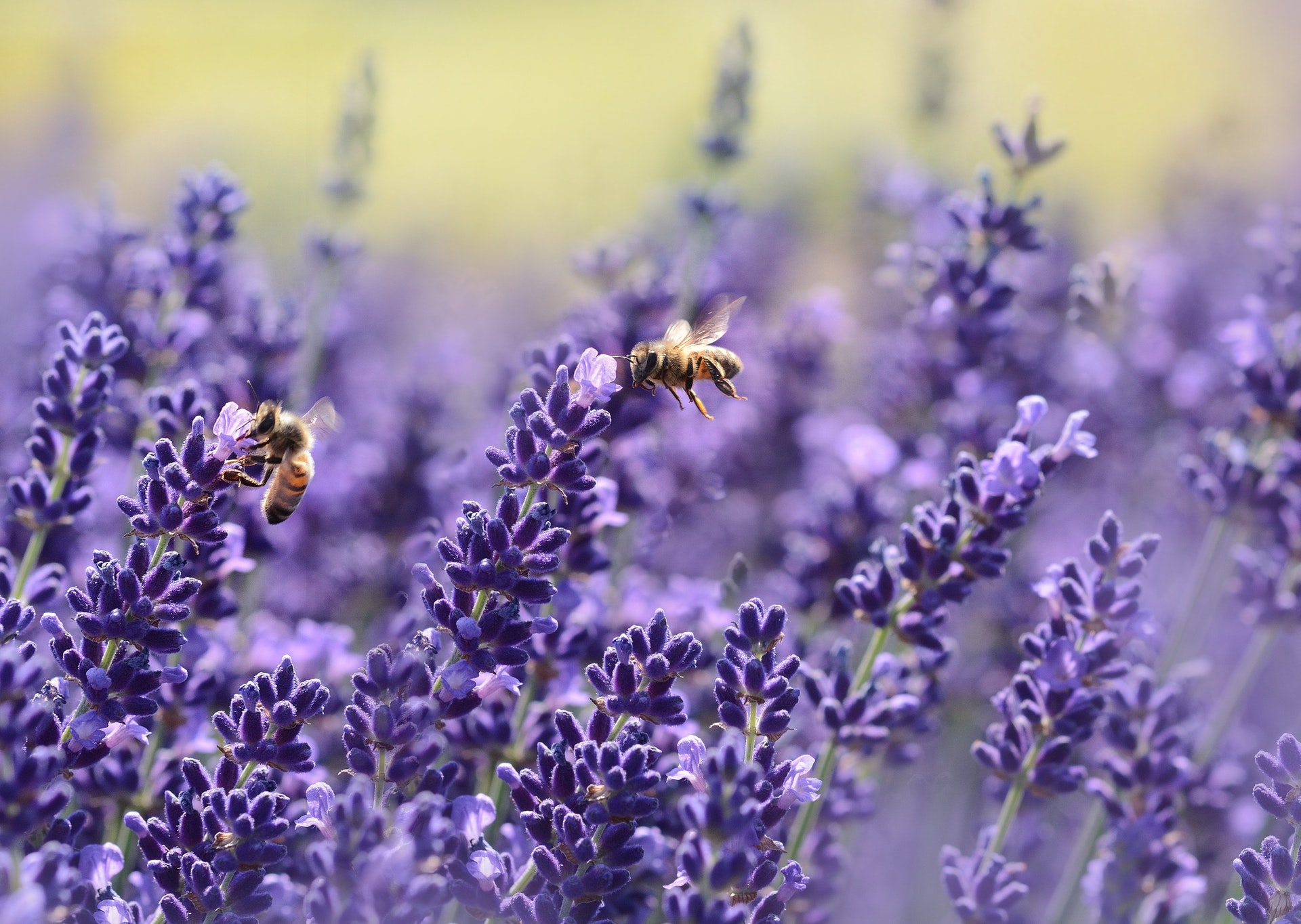Bees are one of the most organized creatures on Earth. The most popular and best-researched type of bee is the domesticated honey bee. This species is bred in apiaries, mainly for the production of honey. Bees play an important role in the ecosystem. They pollinate plants - including plants that are cultivated for commercial use. The role of bees is huge!
However, in recent years, we have observed an apparent decrease in the number of these pollinating insects. According to scientists, this phenomenon has several causes, but the main ones are environmental degradation and misuse of pesticides by farmers.
According to UN research, bees and other pollinating insects are essential for pollinating about 75% of the leading food crops. Their best estimates show that there are about 20,000 species of pollinators, of which only about 10,000 have been identified. So we may be losing species we don’t even know about.
If these insects become extinct, food prices will automatically rise, food will become scarce.
Here, you will find tips for saving the bees:
Plant More Flowers
Everyone has a chance to provide bees with the right living conditions thanks to the appropriate arrangement of plants in their garden. By planting flowers rich in nectar and pollen, you will take care of their food base. Bee-friendly flowers are very easy to grow, so you don’t have to worry too much about, things like soil acidity, which is crucial when caring for other, more demanding plants like roses.
Remember that a few bees are always welcome. However, if you have spotted a wild bee swarm in your garden, you should call a professional service to take care of them. It might be a pest control specialist or a beekeeper. We asked the guys at Las Vegas Pest Control who do a lot of bee removals in Las Vegas. They remind people to make sure that they check for any other hives on the property, so that the bees won’t keep returning to the same spot.
Flowering Calendar
Plant flowers wisely and refer to the flowering calendar. Bees have trouble finding nectar, especially at the beginning of spring and at the end of fall. So plant flowers that will bloom then - the bees will be thankful!
Remember that you have great potential to protect bees and the environment. With local authorities’ help, you can plan and implement long-term activities, with an essential element of cooperation from the local community - integrating it, encouraging, and inspiring joint initiatives for pollinating insects.
Communities often get together to plant flowering meadows in vacant lots, or even invest in rooftop apiaries. Not many people know this, but “city honey” can be very healthy, and the bees won’t be exposed to as many pesticides and chemicals as they often are in a commercial field or orchard.
Provide Them With Water
Bees need a relatively large amount of water to live throughout the year. A bee colony shows the greatest demand for water in spring when the queen lays many eggs. A lot of larvae are then brought up in the nest, and they are fed with diluted honey. Young female bees also need a lot of water to work in the hive efficiently.
If bees don’t have access to nearby water, the drones will fly out to search for longer distances and may die or have difficulties with coming back to their family. Lack of water in the nest leads to deterioration or cessation of feeding the larvae, their ejection, and, in extreme cases, the family’s collapse.
You can save the bees! Put soaked moss or boards with grooves into a shallow container filled with water, thanks to which insects will not see the water surface. They will quench their thirst without drowning.
Support Local Beekeepers
The support of local beekeepers is a simple and effective way to save bees. Buying honey allows the beekeeper to build more hives. Most of the people in this industry are very passionate about what they’re doing. So it’s win-win: you have honey, they have the resources to work, and more bees appear around.
Support beekeepers in your area by purchasing their goods, and remember that bees not only produce honey - you can also successfully replace commercial cosmetics with local goods made of bee products. Many beekeepers produce soaps, body lotions, creams, and beeswax candles. Honey and propolis are great remedies for colds, and they also strengthen the immune system.
Give up Pesticides
Pesticides are toxic for bees even in low doses, so avoid using them in your garden. The population of bees is declining rapidly, and using pesticide-based weed preparations can lead to the killing of entire colonies.
Everything is replaceable. If you want the perfect garden and can’t stand weeds (which are often very, very honey-full!), then garden gloves and a hand trowel are enough. If you don’t like bending down, prepare a natural remedy for weeds: 0.5 pints of water, 1 pint of vinegar, and a little liquid soap.
Conclusion
Fortunately, people talk more and more about the need to protect honey bees and other pollinator species, such as bumblebees or solitary bees. More and more real action is being undertaken, which is good!
The bee is a key species for us humans, but also for the environment. We can thank pollinating insects for our annual crops and products without which we can’t survive. The protection of bees should be our common cause.
